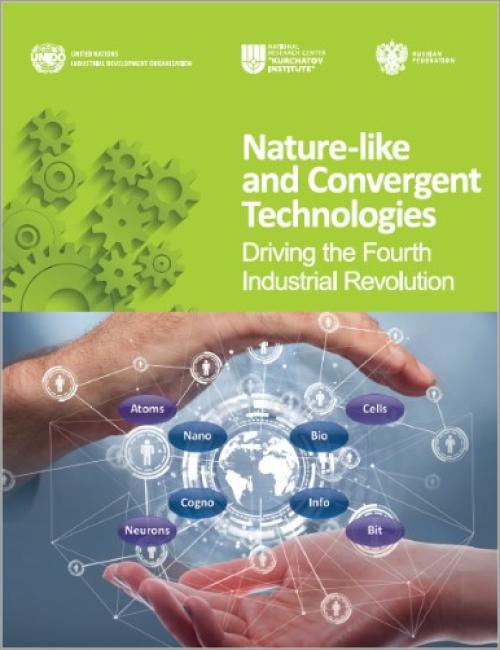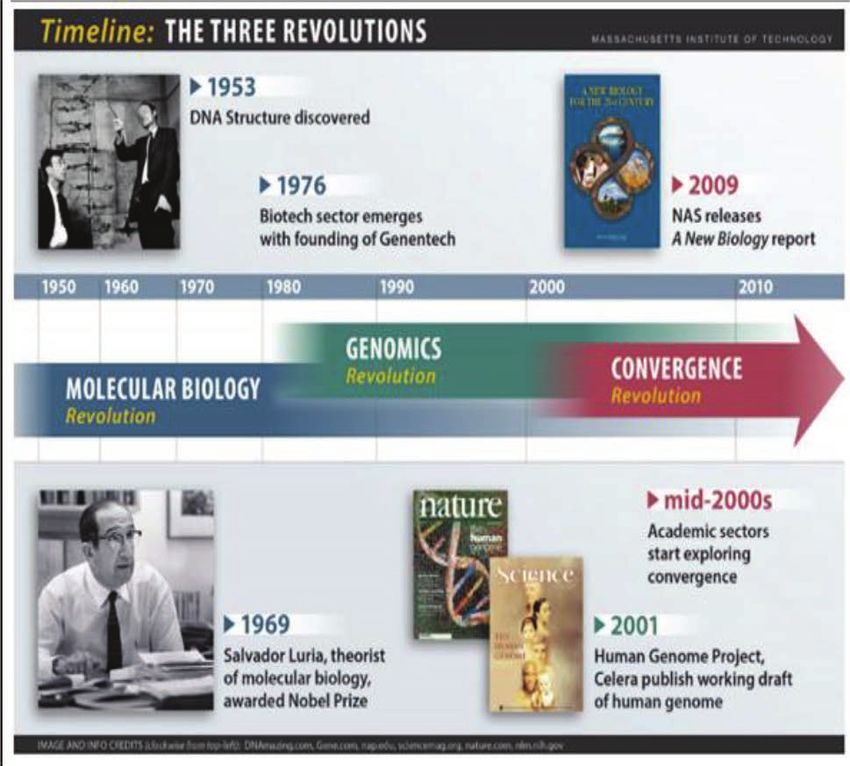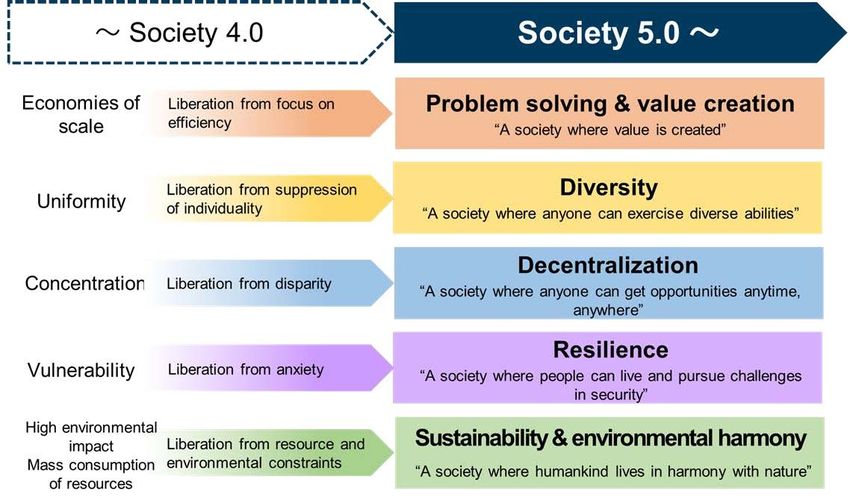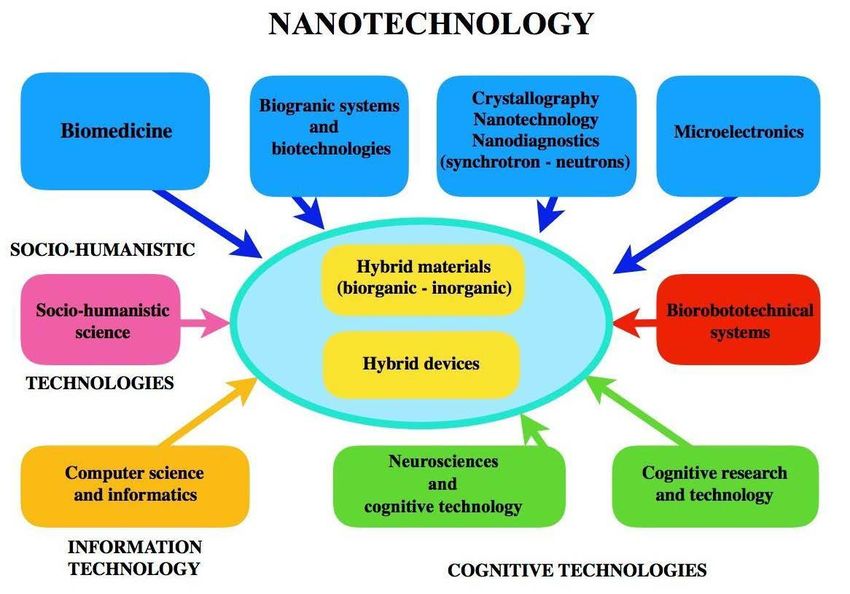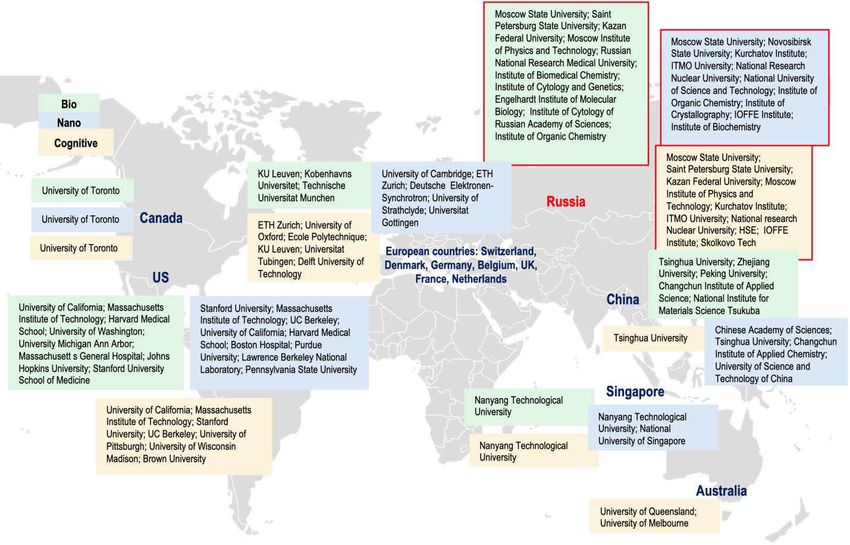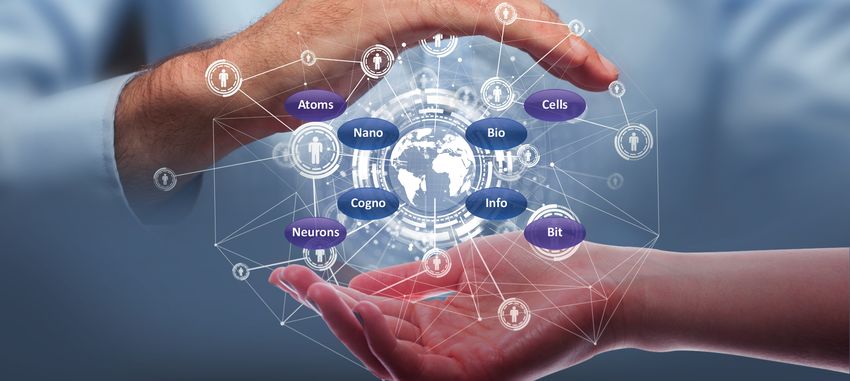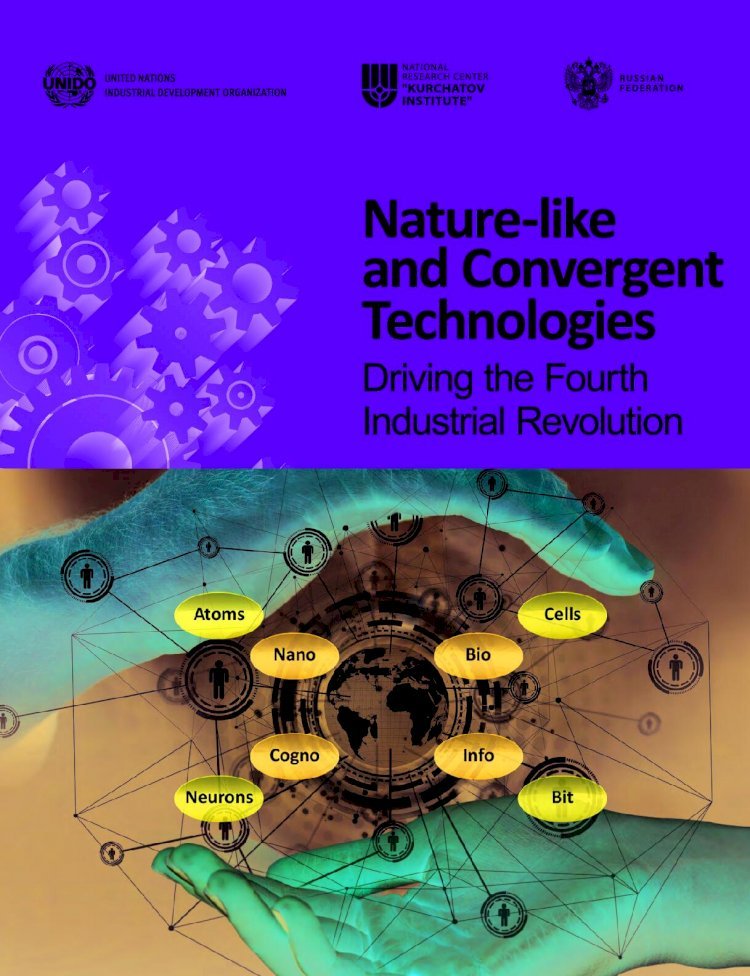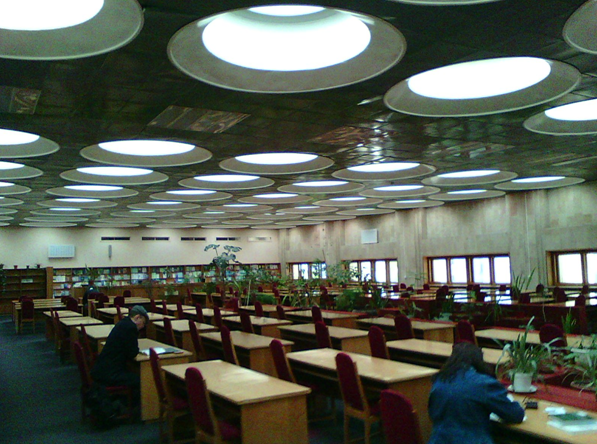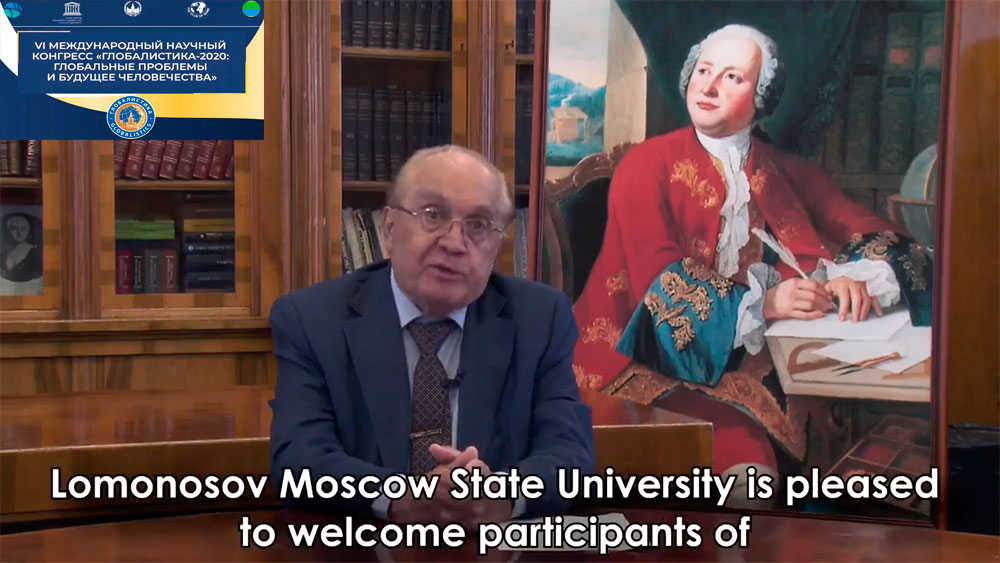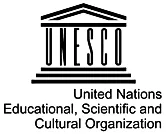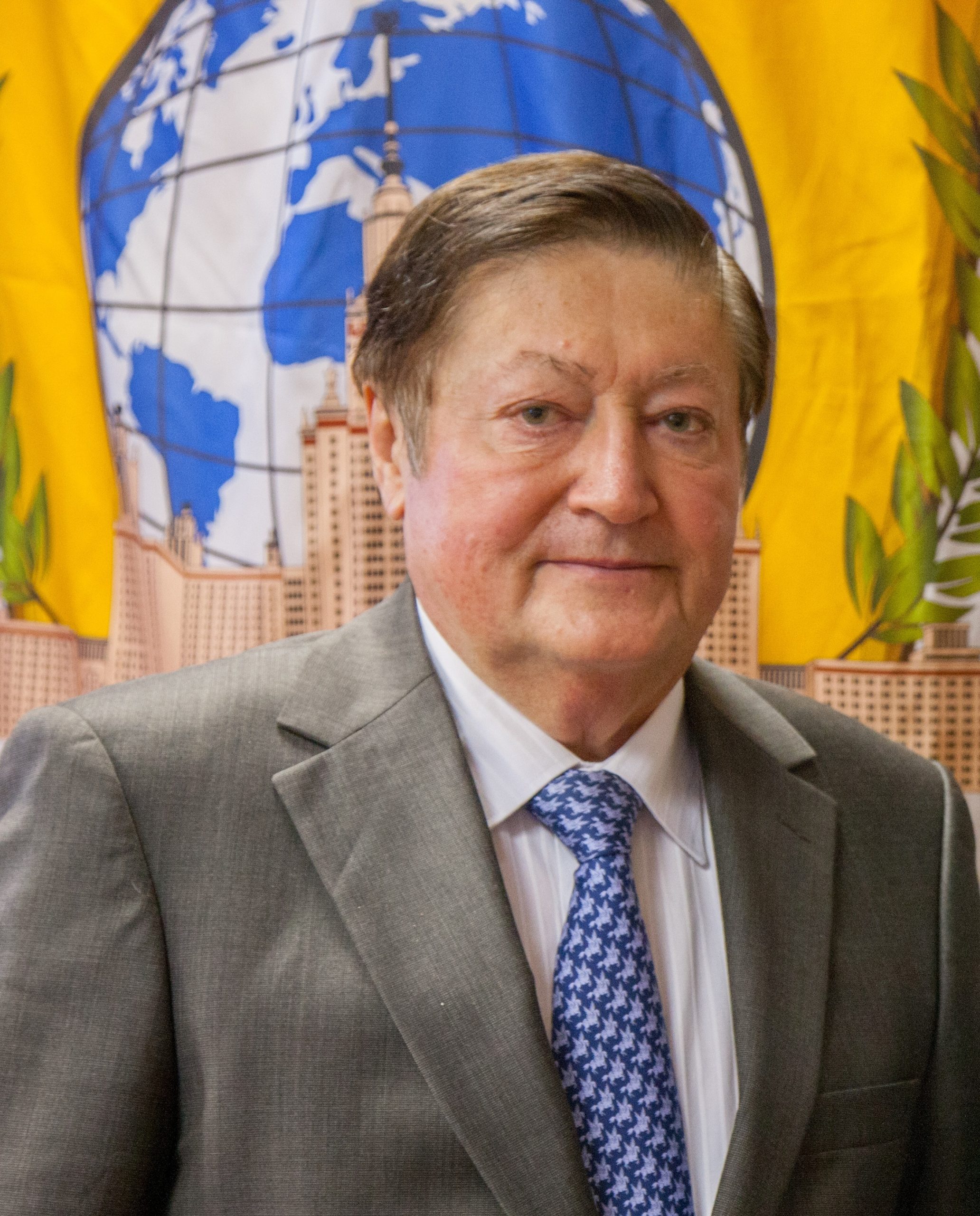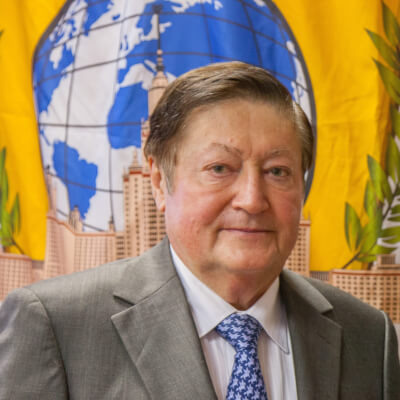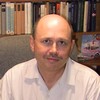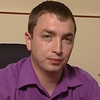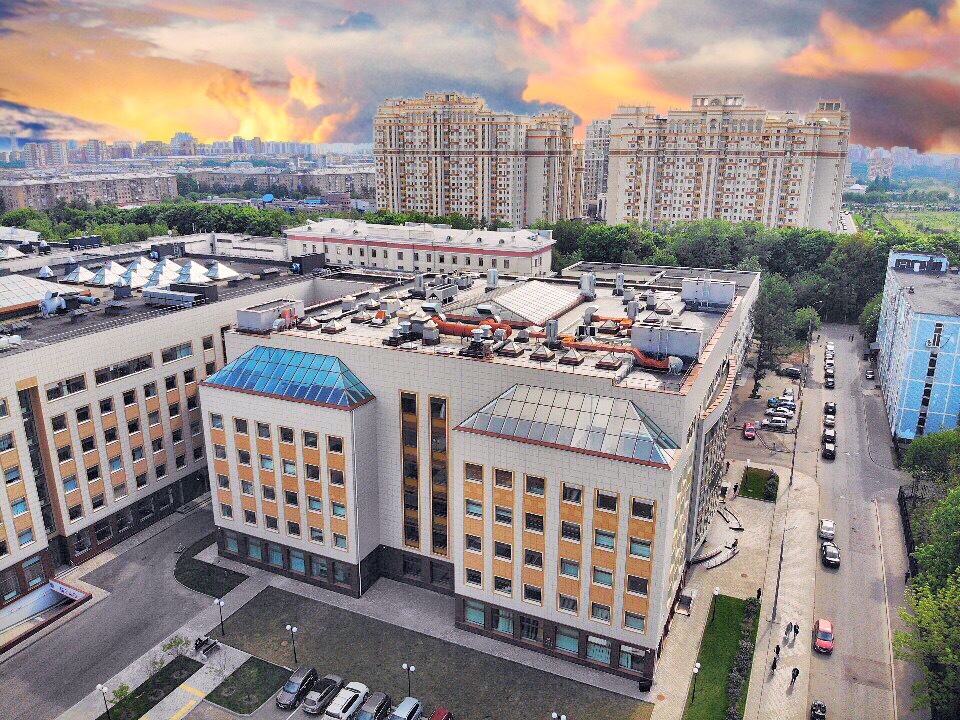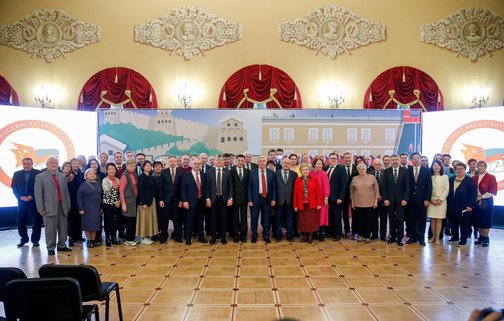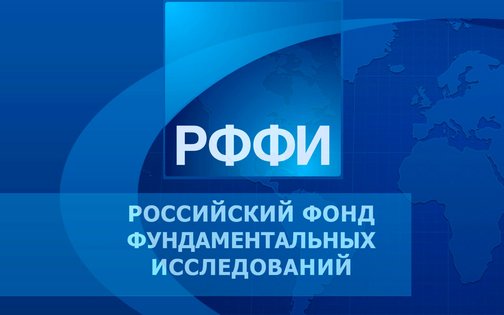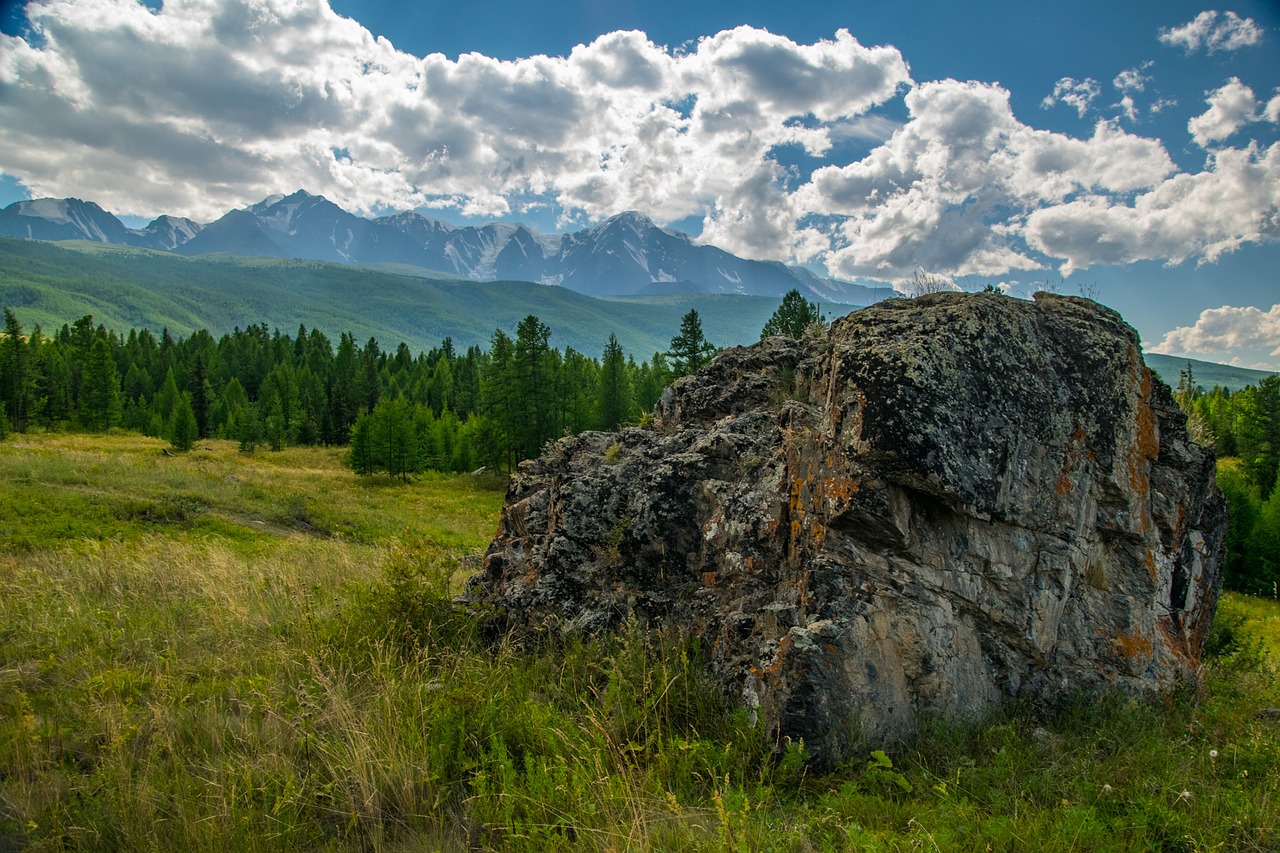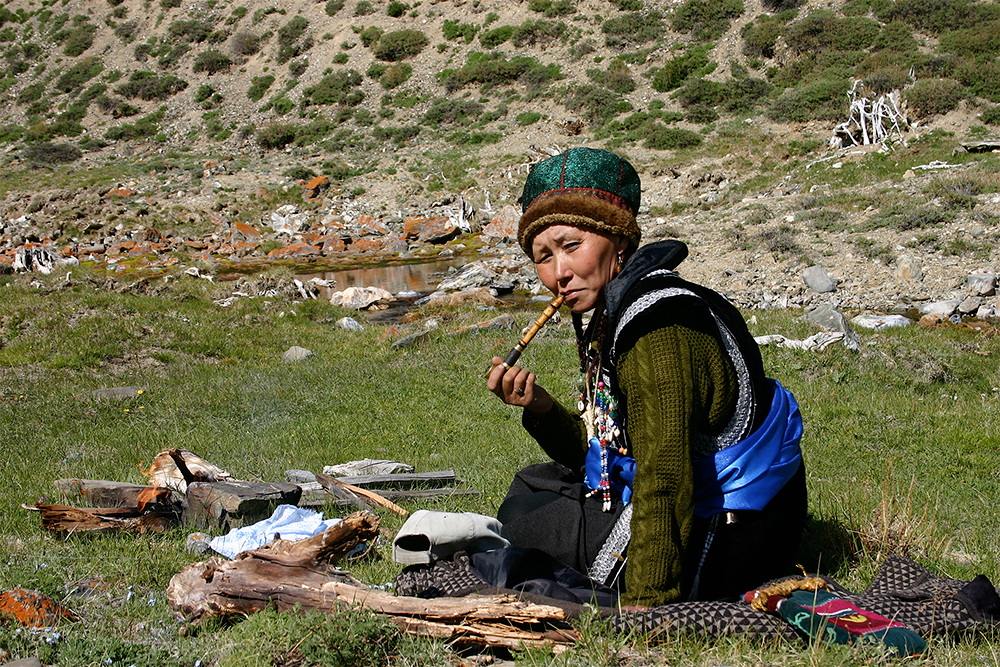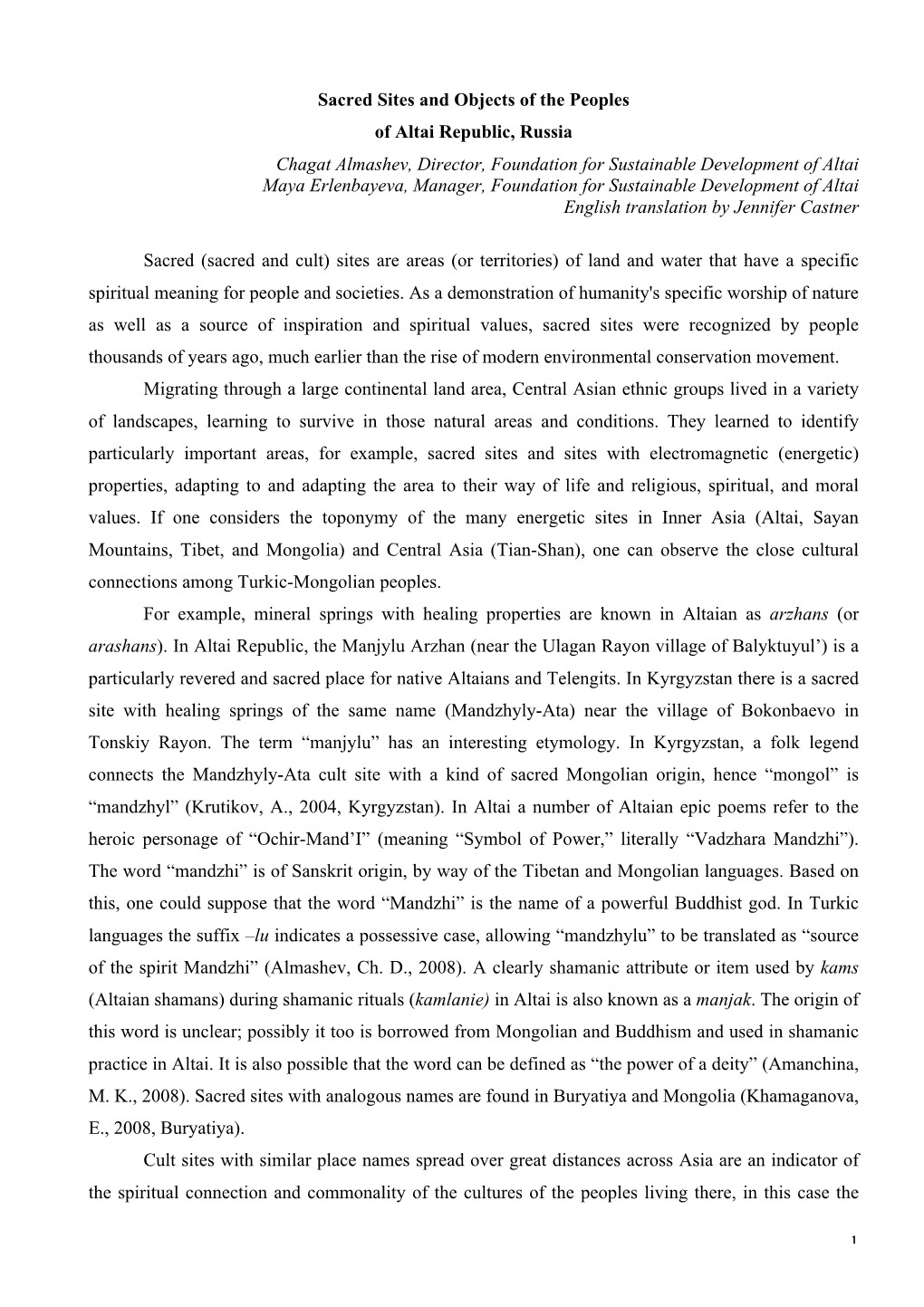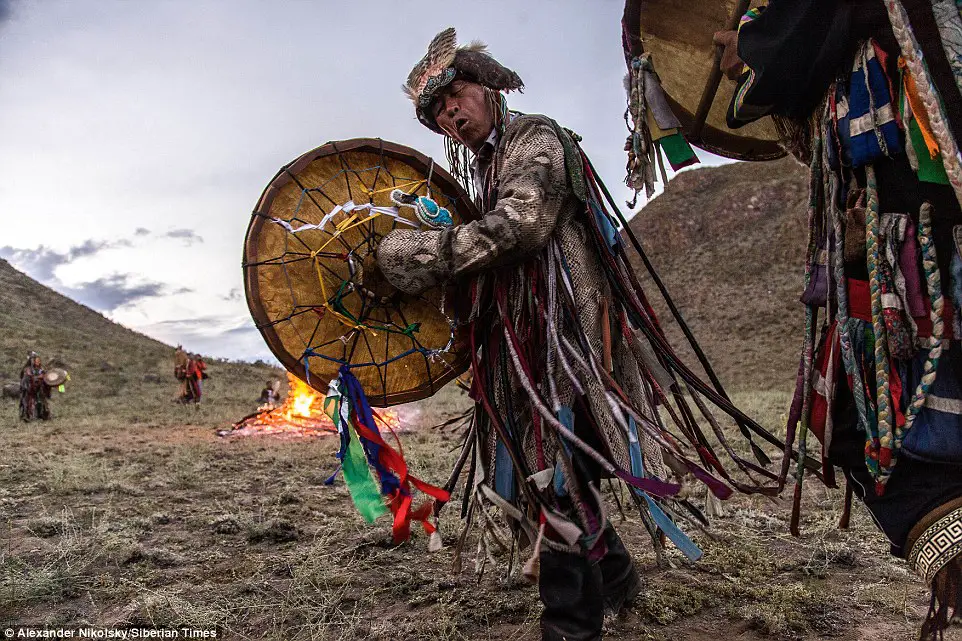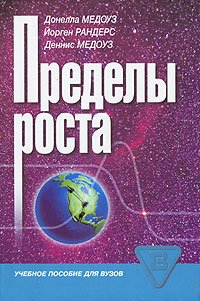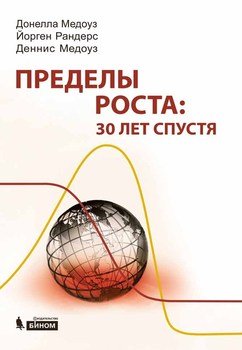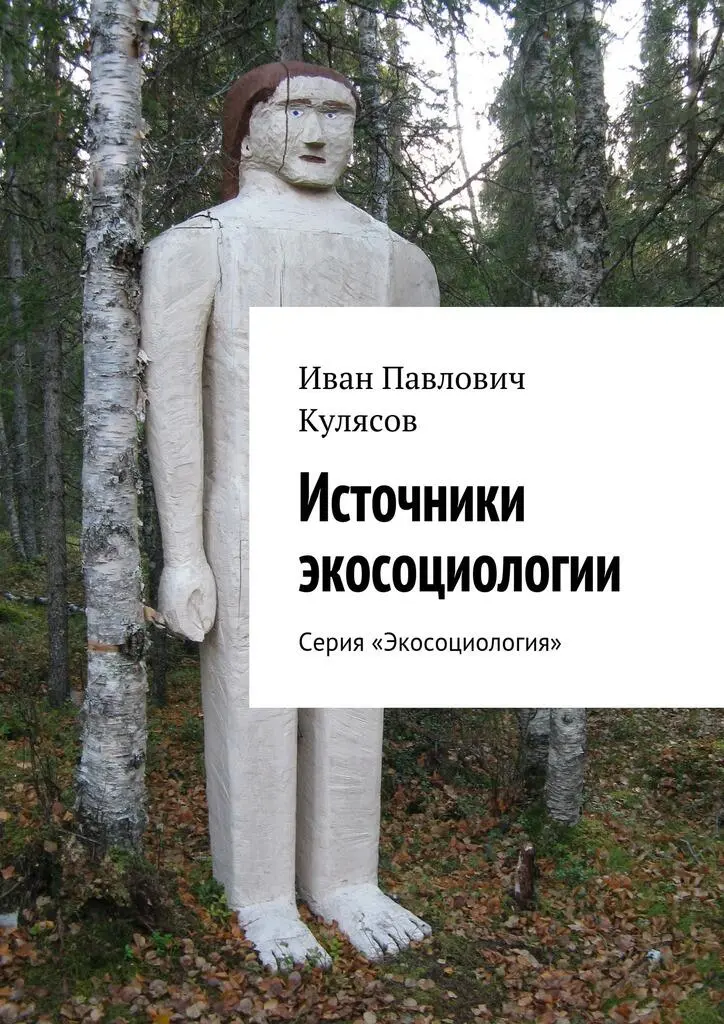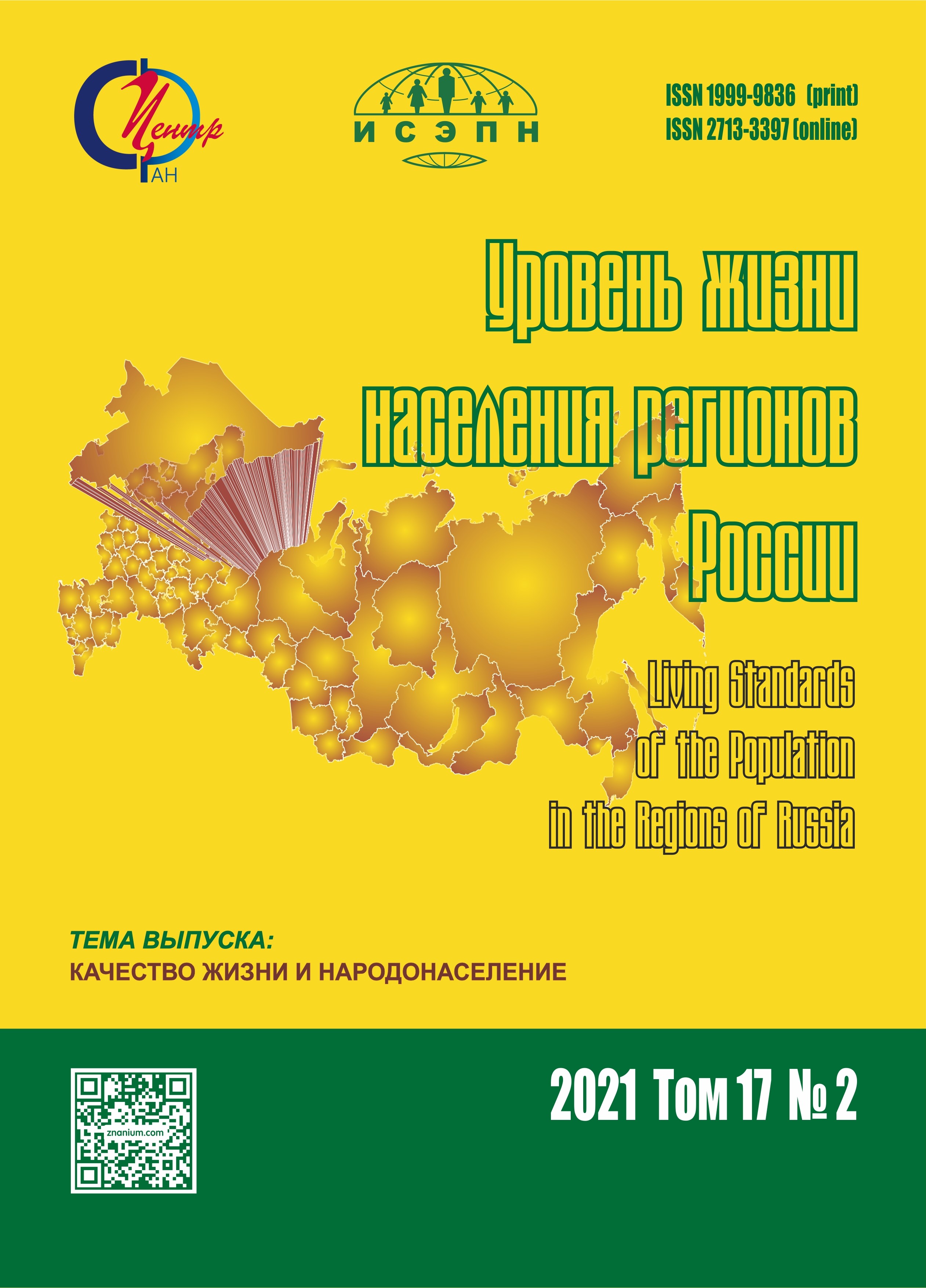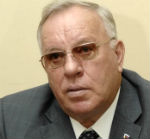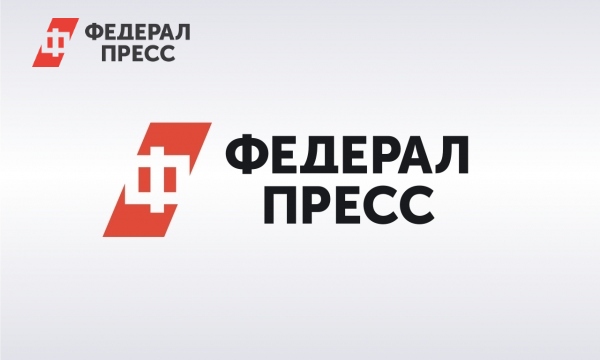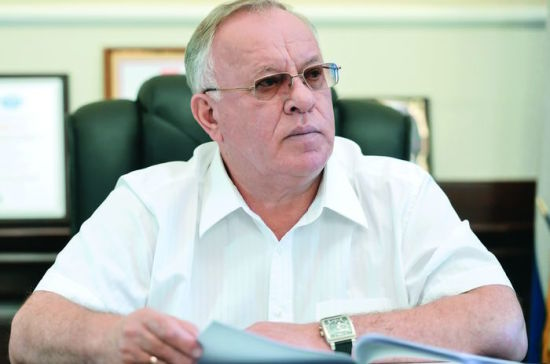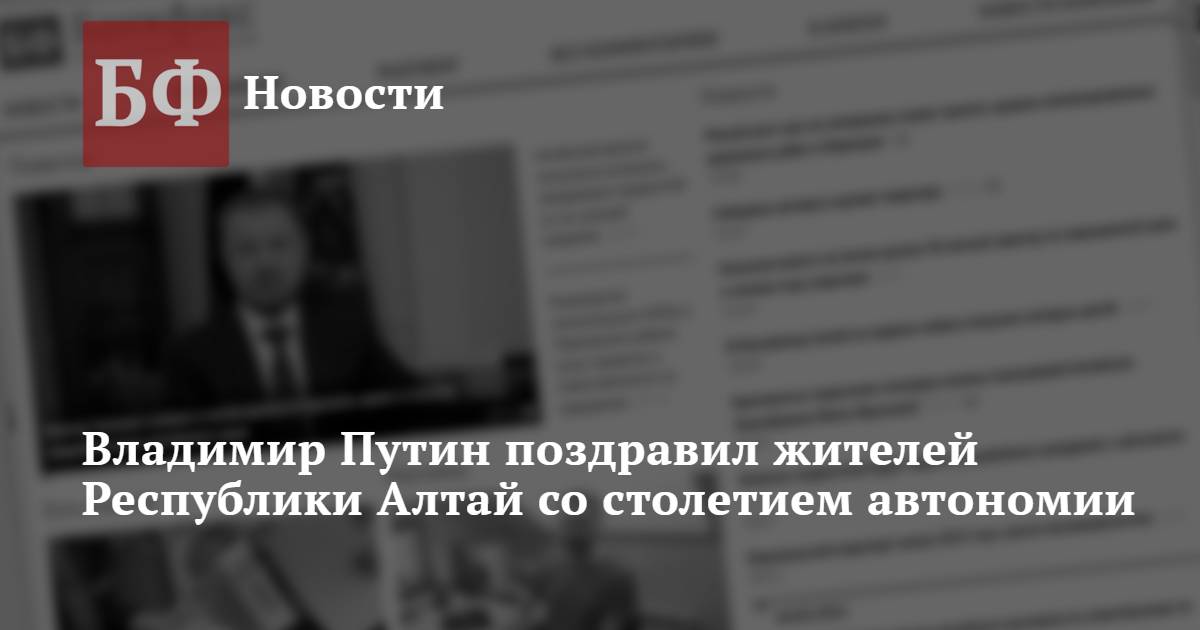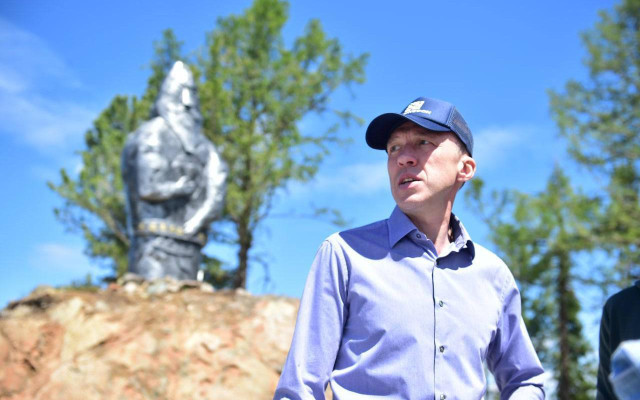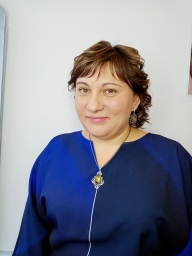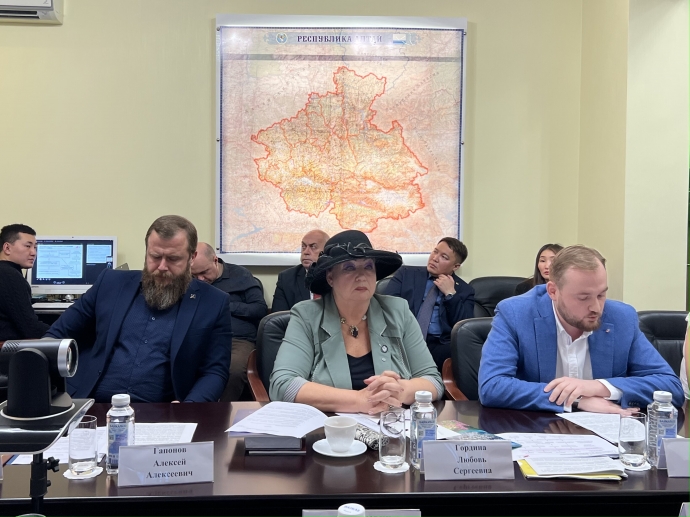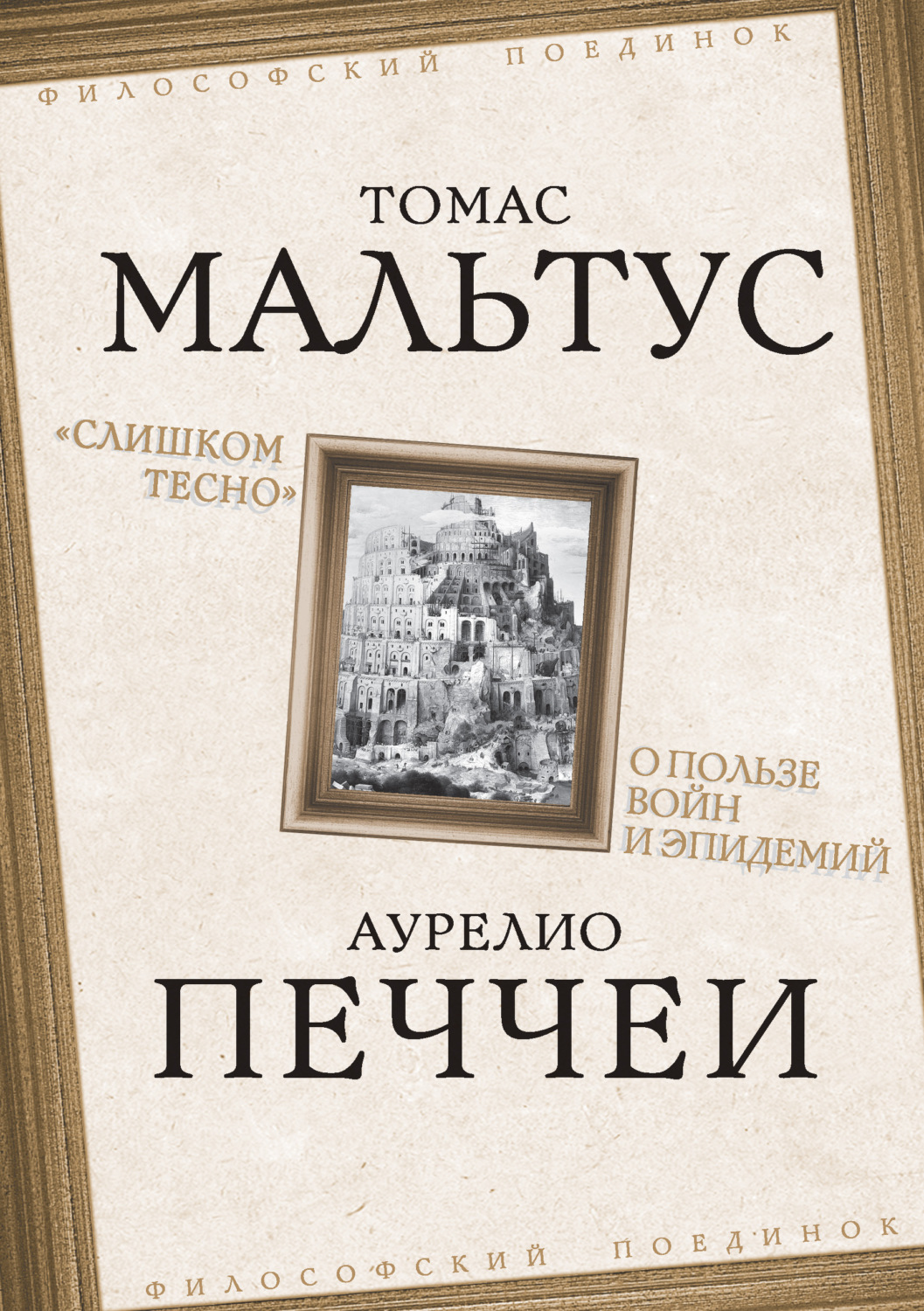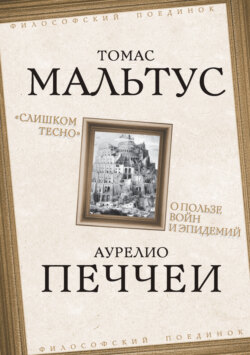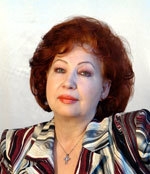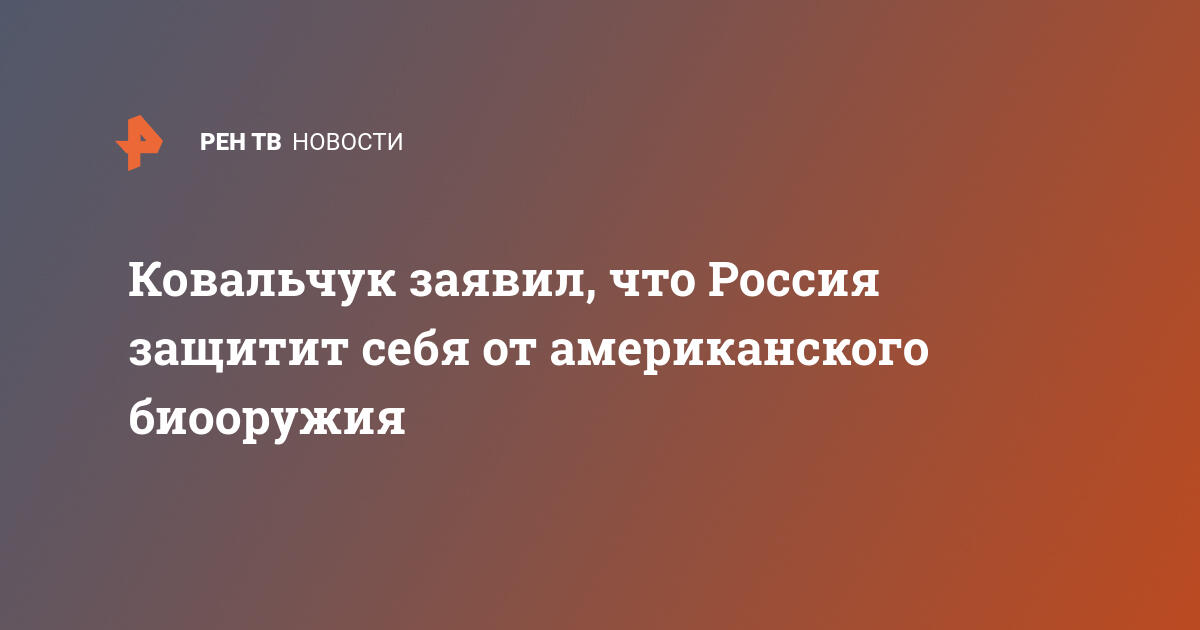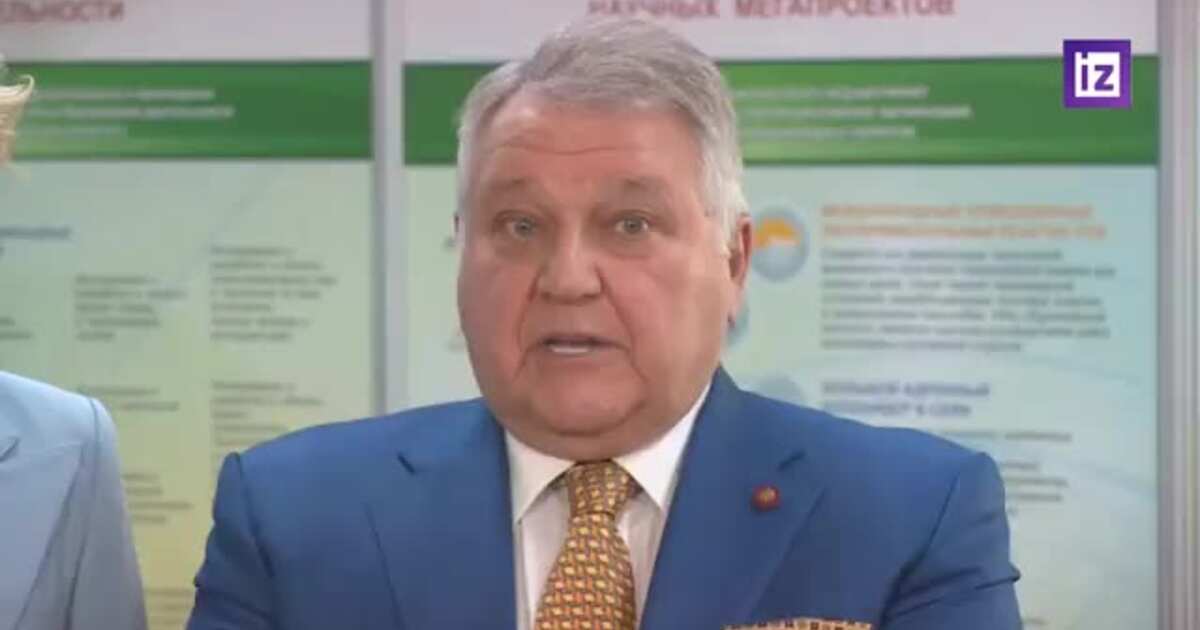UNESCO sponsored an international scientific conference, "Globalistics-2013", at Moscow State University on October 23–25, 2013, in honor of Vernadsky's 150th birthday."

wdc.org.ua
"World Data Center for Geoinformatics and Sustainable Development, Non-governmental Organization, (hereinafter, the WDC-Ukraine) has been working in Ukraine since 2006 as a full-member of the World Data System (WDS) of the International Council for Science (ICSU). WDC-Ukraine specializes on providing interdisciplinary research of complex systems of different nature.
The WDC-Ukraine activities are focused on arrangements for access of Ukrainian scientific community to global information resources of the ICSU in Earth Sciences, Planetary and Space Physics and relevant related disciplines, as well as the collection and storage of global and regional data with significant value for research in the field of Sustainable Development and managerial decision-making.
WDC-Ukraine works on the “network of networks” model and negotiates with a lot of research and scientific organizations in Ukraine and abroad. ..."

wdc.org.ua
International Scientific Congress "Globalistics-2103"
23.10.2013
On October 23-25, 2013 the third scientific congress "Globalistics-2013",
dedicated to the 150th anniversary of the birth of V.I. Vernadsky, was held at the Lomonosov Moscow State University on the initiative of the Faculty of global processes. The Congress was attended by
more than 700 scientists from 40 countries. At this Congress World Data Center for Geoinformatics and Sustainable Development was represented by Deputy Director of WDC-Ukraine, I.O. Pyshnohraiev and employee of the international scientific and educational projects laboratory, I.S. Popadenko.
Events that took place in the Congress were devoted to topical
issues of globalization and its impact on economic, social and environmental aspects of the society.
In particular, the Symposium "Convergence as a global trend of science and technology", held at the National Research Center "Kurchatov Institute", can be mentioned. Among those who reported at the Symposium were Corresponding Member of Russian Academy of Sciences
M.V. Kovalchuk, Academician A.A. Dynkin and professor at the Faculty of global processes at MSU A.A. Akayev, who is a chief researcher at Prygozhyn Institute of Mathematical Complex Systems Research of MSU.
Solemn closing of the Congress was held at the conference hall of the Russian Academy of Sciences Presidium, where the text of the resolution was approved.
One of the results of Congress work, for example, was the creation of an informal club of scientists - Moscow club that will continue the tradition of such renowned expert centers as the Club of Rome.
More detailed information is available on the website of the Faculty of global processes of Lomonosov Moscow State University."
__
Lomonosov Moscow State University
Faculty of Global Processes

fgp.msu.ru
International Scientific Congress "Globalistics 2020: Global Problems and the Future of Humanity"
"October 24, 2020 on the online platform Globalistika.ru The summing up of the autumn session and the closing ceremony of the International Scientific Congress "Globalistics 2020: Global Problems and the Future of Humanity" took place.
The International Scientific Congress "Globalistics 2020" under the official auspices of UNESCO was held in several stages: the spring session — from May 18 to 22, the autumn session — from October 20 to October 24, 2020.
The Congress gathered more than 10 thousand participants from 76 countries and 10 international organizations, including the UN and UNESCO, at 35 virtual venues.

fgp.msu.ru
Mass media about the International Scientific Congress "Globalistics-2020"
Coverage of the autumn session of the Congress "Globalistics-2020"
С 18 по 22 мая в онлайн-формате проходит Первый этап VI Международного научного конгресса «Глобалистика-2020: Глобальные проблемы и будущее человечества». г. Москва. Москва.

moskva.bezformata.com
VI International Scientific Congress "Globalistics-2020"
From May 18 to 22, the first stage of the VI International Scientific Congress "Globalistics 2020: Global Problems and the Future of Humanity" is being held in an online format. It is traditionally organized by the Lomonosov Moscow State University,
and such influential international organizations as UNESCO and the Club of Rome are its partners. This year the Congress will be held in three stages — in May, June-August and October.
All participants of the global expert panel were greeted by the Rector of Moscow University, Academician V.A. Sadovnichy. [...]Viktor Antonovich noted that the participants of the congress are engaged in globalism, a science that has always been inherent in Moscow University since its foundation. Both Lomonosov, Vernadsky, and other outstanding scientists were engaged in problems that globalist scientists are working on today. [...]
The Rector of Moscow University stressed the special importance of the global status of the Congress, whose meetings are held under the auspices of UNESCO and the Club of Rome. According to Viktor Antonovich, he has a long experience of cooperation with the latter; and one of the meetings of the "Club of Rome" was held at the Moscow State University.
As V.A. Sadovnichy noted, the pandemic of the SARS-CoV-2 virus, of course, made significant amendments both to the agenda and to the format of the congress.
Its participants are determined to try to answer the questions: "What will happen after the pandemic?", "What transformations associated with it will be especially significant for humanity?". Of course, the pandemic will make its own amendments to the education system, culture, and everyday relations. [...]
Within the framework of the congress, meetings of the sections "
Global Governance and Security" and "
Global Ecology" have already been held, a round table "Latin American vector of modern development: global challenges of the XXI century", a meeting on the program "
UNESCO BRIDGE as a "Laboratory of ideas" in the post-COVID-19 era", an interdisciplinary discussion on the topic "
Global civilizational the crisis is the start of a new historical era."
The work of the VI International Scientific Congress "Globalistics 2020: Global Problems and the Future of Humanity" continues."

www.globalistika.ru
VI INTERNATIONAL SCIENTIFIC CONGRESS "GLOBALISTICS-2020: GLOBAL PROBLEMS AND THE FUTURE OF HUMANITY"
Welcome to the VI International Scientific Congress "Globalistics 2020: Global Problems and the Future of Humanity"!
CONGRESS ORGANIZERS [among them]
Lomonosov Moscow State University / Faculty of Global Processes

fgp.msu.ru
Results of the International scientific forum "COVID-19 and Human security"
23. 12. 2020 Main News
On December 22, 2020, at the initiative of the Faculty of Global Processes and the UNESCO Department for the Study of Global Problems of Lomonosov Moscow State University, an international Scientific Forum "COVID-19 and Human Security" was held
with the participation of UNESCO, the World Academy of Art and Science, the
Club of Rome, scientists from Russia and a number of foreign countries.
The forum began with an address to the participants by the Dean of the Faculty of Global Processes of Lomonosov Moscow State University, Professor Ilya Vyacheslavovich Ilyin,
who noted the positive formation of the tradition of holding joint scientific events with UNESCO, the World Academy of Art and Science and the
Club of Rome on the faculty's online platform, founded in May 2020 by a joint
discussion of topical issues of global social transformations and civilizational the future of humanity.
The moderator of the Forum was
the head of the UNESCO Department of the Moscow State University, Yuri Nikolaevich Sayamov.
The forum was continued by t
he Chairman of the Russian Committee on Bioethics, Ethics of Science and Artificial Intelligence,
Vice-President of the Intergovernmental Council of UNESCO, Academician of the Russian Academy of Sciences Alexander Grigoryevich Chuchalin, who made a report and presentation.
Professor Chuchalin 's report addressed three main issues:
1)
the noosphere and the modern interpretation of this concept;
2)
viral gene pool and prerequisites for the emergence of new infectious diseases;
3)
modern approaches to human security.
Professor Chuchalin emphasized the special place and importance of V.I. Vernadsky's ideas about the biosphere and the noosphere for understanding how vulnerable a person and the whole world has become from external influences. Today we are struck by the far-sightedness of the views of this scientist, expressed by him in the mid-30s of the last century in relation to planetary processes in which human society is also involved.
Speaking about such a phenomenon as the spread of coronavirus, Professor Chuchalin noted that this infectious disease is one of the oldest human diseases, which currently has 52 serotypes. The gene pool of this viral disease indicates its extreme spread in the biosphere.
It is difficult to name living matter that would not be affected by it or would not be infected with a virus.
Concluding the report, Professor Chuchalin expressed the opinion that the XXI century should be recognized as the century of creating a new generation of vaccines that will fight various types of infections.
Then the Forum participants entered into the discussion of this report. Opinion was expressed by
the executive director of the Club of Rome Carlos Alvarez Pereira (Spain) and members of the club: Anitra Torhaug (USA), Kristin Vala Ragnarsdottir (Iceland), Alberto Zuconni (Italy), President of Romania in 1996-2000 Emil Constantinescu,
Director of the Global Governance and Security Program at the University of Massachusetts in Boston Maria Ivanova (USA), President of the World Academy of Arts and Science Harry Jacobs (USA), former Head of the UNESCO Network Department at Mandsaur Jagdish Khatri University (India), Professor of the RANEPA Igor Fedorovich Kefeli (Russia), Head of the UNESCO Chair at the European Academy Benno Verlaine (Germany) and other participants.
More than 50 domestic and foreign researchers from 18 countries took part in the Forum.
About the Forum in the media:
В МГУ прошел Международный научный форум "COVID и безопасность человека" с участием ЮНЕСКО, Всемирной академии искусства и науки, Римского Клуба и ученых из России и других стран.

www.vesti.ru
December 23, 2020
The forum "COVID and Human security" was held at Moscow State University
"Moscow State University hosted the International Scientific Forum "COVID and Human Security" with the participation of UNESCO, the World Academy of Art and Science,
the Club of Rome and scientists from Russia and other countries.
On December 22, at the initiative of the Faculty of Global Processes and the UNESCO Department for the Study of Global Problems of Lomonosov Moscow State University, an international Scientific Forum "COVID and Human Security" was held with the participation of UNESCO, the World Academy of Art and Science,
the Club of Rome and scientists from Russia and other countries.
The Forum opened with a report and presentation delivered by
Alexander Chuchalin, Chairman of the Russian Committee on Bioethics, Ethics of Science and Artificial Intelligence, Vice-President of the Intergovernmental Council of UNESCO, Academician of the Russian Academy of Sciences.
The problem of human security is proposed for discussion due to its particular importance for the modern world, in which the coronavirus pandemic has highlighted the inability of States to effectively protect their citizens. The discussion focused on UNESCO's key humanitarian programs on managing social transformations and on bioethics, ethics of science and artificial intelligence, as well as ideas and proposals from scientists and the World Academy of Art and Science and the Club of Rome.
The Forum
will continue the tradition of holding joint online events and brainstorming sessions with UNESCO, the World Academy of Art and Science and the Club of Rome."

fgp.msu.ru
VII International Scientific Conference "Actual problems of global research: Global development and limits of growth in the XXI century"
25. 06. 2021 Main news
On June 15-18, the seventh International Scientific Conference "Actual Problems of Global Research" was held. The conference was held in an online format on the site of the Internet portal Globalistika.ru .
The main topic of the current conference was related to global development and the limits of growth in the XXI century. It was attended by members of
the Society for Global Studies, the World Academy of Art and Science, representatives of UNESCO, the Club of Rome, the International Academy of Global Studies and other organizations.
The first day of the conference was very busy. The work of the section "Theoretical Globalistics" was successfully held, moderated by Professor of the Federal State Educational Institution,
editor-in-chief of the journal "Century of Globalization" A.N. Chumakov.
The participants discussed the formation of the Russian philosophy of the global world, ways to create a new system of world order, the impact of globalization on social and individual values.
No less interesting discussions unfolded on the sidelines of the 22nd International
Symposium on Biocosmology "
Aristotle's Organic Cosmology and V.I. Vernadsky's Naturalistic scientific approach to solving modern problems of world development". Famous scientists from around the world discussed the legacy of the greatest philosophers, the evolution of their concepts in historical retrospect,
as well as their relevance in the modern conditions of the global world. The symposium was moderated by the Secretary of the Biocosmological Association K.S. Khrutsky.
Another bright event was the III International Forum on Global Social Transformations. The forum was held on the topic "
Global social transformations and the limits of growth in the XXI century". The forum was attended by more than 70 scientists and researchers from 36 countries and 7 international organizations.
Another bright event was the III International Forum on Global Social Transformations. The forum was held on the topic "Global social transformations and the limits of growth in the XXI century". The forum was attended by more than 70 scientists and researchers from 36 countries and 7 international organizations.
The holding of international scientific forums on global social transformations is an initiative of the FGP [
Faculty of Global Processes, Lomonosov Moscow State University], which was supported by UNESCO, the World Academy of Arts and Science
and the Club of Rome.
The Third International Scientific Forum on Global Social Transformations, by the decision of the UNESCO Intergovernmental Council on the BRIDGE program, was included in the action plan for the BRIDGE program for 2021 and was held for the first time as a planned UNESCO event.
The organizers of the III Forum on Global Social Transformations were again the FGP and the UNESCO Department for the Study of Global Problems, UNESCO, the World Academy of Art and Science, the Club of Rome.
[...]
The work of the Forum continued with the presentation of the scientific project "New limits of growth in the XXI century", explanations to which were presented by Professor A.V. Korotaev. The project is being developed by the MSU research team under the guidance of the Rector of MSU, Academician of the Russian Academy of Sciences V.A. Sadovnichy. Following the results of the presentation, a general discussion of the participants began, in which the speakers were: from UNESCO – John Crowley (Great Britain), from the World Academy of Art and Science – Harry Jacobs (USA),
from the Club of Rome – Carlos Alvarez Pereira (Spain),
from the MSU FGP – Yu.N. Sayamov (Russian Federation), as well as scientific reports were presented by the President of the International Institute of Pitirim Sorokin Nikolay Kondratiev, Professor Yu.V. Yakovets and Deputy Dean of the Federal State University I.A. Aleshkovsky together with V.M. Bondarenko.
The discussion showed that the presentation of the project was received with great interest by the participants. The Russian initiative was supported by representatives of UNESCO, the World Academy of Art and Science and the Club of Rome. They expressed their willingness to work together on the topic of the project and to exchange information, ideas and suggestions. The Forum participants also expressed their gratitude to MSU and FGP for its organization and expressed their support for the continuation of this initiative.
--
On the second day of the VII International Scientific Conference "Actual problems of Global Research", the work of the symposium on biocosmology was continued.
The participants of the symposium presented reports on the ideals of general science,
the ideas of transcendental law and noospheric research,
the greening of education, the problems of interaction between different levels of space, anthropocosmism and biocosmological initiatives, and the work of four sections and an expert session was organized.
One of the main topics of discussion of the section "Sustainable development", moderated by the Deputy Dean of FGP R.R. Gabdullin and the teacher of FGP K.S. Leonova,
was the updating of the definition of the term "sustainable development". The concept was considered not only from a widespread ecological, but also from a social and economic point of view. The work of the section continued with the meeting of the Commission on the Scientific Heritage of Academician A.D. Ursula.
The participants paid tribute to the memory of the great Russian scientist
and considered the prospects for further development of research in the field of sustainable development and global evolutionism.[...]
An equally active discussion unfolded on the site of
the section "
Educational Globalism", moderated by Professor L.P. Voronkova and associate Professor O.Y. Kornienko. In their speeches, the participants of the section touched upon
the issues of digitalization and global transformation of education, as well as social mobility in the context of globalization, the role and place of identity, anthropologization and education of patriotism in the structure of education. Close attention was paid to the cultural aspects of learning foreign languages.
On the margins
of the section "Global Development and problems of global governance", researchers discussed topical issues of global and energy security, the ethics of artificial intelligence, as well as the crisis caused by the pandemic. An interdisciplinary approach to the study of the issues raised has become a distinctive feature. [...]
The International Expert Meeting on
the formation of a new scientific discipline "Ethnoglobalistics" became significant for the development of world science. During the debates, the participants justified the need for its development, discussed the development of a methodology.
The growth of ethnopolitical conflicts, the role of migration processes in the global world, the influence of globalization on the ethnic factor – this is not the whole list of reasons for the isolation of ethnoglobalism as an independent scientific discipline.
---
The third day of the conference was remembered by the interdisciplinary seminar of
the scientific and educational school of Moscow University "Mathematical methods of analysis of complex systems".[...]
The participants touched upon both economic and political, philosophical, environmental aspects of modeling and forecasting global processes. At the seminar, the importance of scientific projects of the teaching staff of the entire scientific school was noted,
since globalism is a scientific discipline that is a link between natural sciences and humanities. The increasing role of China and India as actors in international relations was noted,
as well as the revolutionary nature of the Paris Climate Agreement and the relevance of the immortal legacy of V.I. Vernadsky.
It should be mentioned that
India and China were discussed not only in this section. At a special expert session on the role of Europe in a changing world, moderated by V. Schwimmer and V.I. Kulikov,
disputes broke out about scenarios for the development of the European region. Financial, migration and epidemiological crises indicate the need to reform the foreign and domestic policy of the European Union. What awaits Europe in the future? Cooperation with Latin America? Rivalry with India and China? Implementation of the Lisbon–Vladivostok concept? Scientists tried to find answers to these questions.
The moderators of the expert session "Transformation of ethno-confessional and political identities in the era of global development" were I.E. Krugovykh and I.L. Shershnev.
Francis Fukuyama in his new work "Identity, the desire for recognition and the politics of rejection" notes the global trend of striving for a liberal world order. At the moment, the issues of the transformation of ethno-confessional and political identity are closely related to the civilizational identity and the deepening of the unity of the nation.
The modern search for transformations will protect the identities and civilizational codes of many peoples of the world.
The final section of the third day was a round table of young scientists "
Global development and growth opportunities in the XXI century", which was moderated by Professor O.G. Leonova and lecturer V.A. Goliney.
The issues of country, regional and global development were on the agenda.
The VII International Scientific Conference "Actual Problems of Global Research: Global Development and limits of Growth in the XXI century" ended on June 18 with the summing up of the conference by the moderators of the venues and the meeting of the Society for Global Research (OGIS). In total, more than 380 people from various regions of Russia and 50 countries of the world took part in the conference.
It can be stated that the conference, despite the difficult epidemiological situation, was a great success. We thank the participants of the conference for a constructive discussion and wish them to conquer new scientific peaks in the future!"

fgp.msu.ru
International Scientific Assembly "New Global challenges in the field of international cooperation"
27. 11. 2021 Main news
On November 16-17, 2021, the Faculty of Global Processes hosted the international scientific assembly "
New Global Challenges in the field of international cooperation".
On the first day of the assembly, the work of the IV School
under the UNESCO program "Management of Social Transformations" (the BRIDGE Program) on the topic "Education, science, culture and communication as driving forces of social transformation for the younger generation" began. The lectures of the School on November 16 were timed
to coincide with the celebration of the 76th anniversary of the United Nations Educational, Scientific and Cultural Organization (UNESCO).
The participants were presented by Academician of the Russian Academy of Education, Professor Anatoly Nikiforovich Zahlebny with the topic "
Education in a changing world";
Head of the Russian Partnership for Environmental Education for Sustainable Development, Professor Elena Nikolaevna Dzyatkovskaya with the topic "Didactic problems of embedding ESD in general education and their solutions".; Doctor of Historical Sciences, Professor of the Department of History of the Academy of Public Administration under the President of the Republic of Azerbaijan, President of the Association of Culture of Azerbaijan "Simurg" Fuad Teyub oglu Mammadov with the theme "Culture and the modern world"; President of the International Institute of Pitirim Sorokin — Nikolay Kondratiev, Chairman of the Yalta Civilization Club Professor Yuri Vladimirovich Yakovets with the theme "
Dialogue of Civilizations: synthesis of scientific, educational and digital revolutions of the XXI century"; Deputy Editor-in-chief of the magazine "International Life" Evgeniya Borisovna Pyadysheva with the topic "Communications and modern diplomacy".
During the discussions, the participants showed great interest in the problems of sustainable development. [...]
On November 16, the 16th Civilizational Forum "Prospects and Strategy for the Formation of Space Civilization and the Preservation of Civilizational, Scientific and Cultural Heritage and Diversity" was also held, which was dedicated to the 60th anniversary of Yuri Gagarin's flight into space
and the 20th anniversary of the UN General Assembly Resolution "Global Agenda for Dialogue among Civilizations" and the UNESCO Universal Declaration on cultural diversity.[...]
11The 6th report of the Yalta Civilization Club "Prospects and strategy for the formation of a humanistic-noospheric space civilization", a strategy for preserving civilizational, scientific and cultural heritage and diversity, was discussed within the framework of the forum. The participants also made a presentation of a number of books on this topic, in particular the monograph by Y.V. Yakovets "
A new vision of the theory, history and future of civilizations", the monograph by A.I. Subetto "
Yuri Alekseevich Gagarin – a symbol of the noospheric-cosmic breakthrough into the future of Russia and Humanity", the monograph by S.V. Krichevsky's "
Prospects for human Space exploration: New ideas, projects, technologies", monographs by Farakh S.N., Mammadov F.T. "Culture will save the world", monographs by Gasparyan M.Yu., Beklaryan L.A., Zakharov V.A., Marukyan A.Ts., Mikaelyan A.D., Babakhanov V.R., Vaskov M.A. "Culturocide".
The traditional scientific event was the round table "
The world is more complicated than war", where participants discussed the importance of preserving historical memory, heritage and legacy of Victory in the Great Patriotic War.[...]
...
The second day of the assembly continued with the work of the UNESCO BRIDGE School, dedicated to the International Students' Day (the 80th anniversary of the institution).
Presentations were made by the Head of the UNESCO Department Yuri Nikolaevich Sayamov, a full member of the World Academy of Art and Science and the Club of Rome, a representative of the Student Council of the USSR, Vice-President of the International Union of Students in 1970 — 1977 (with the theme "International Day of Students and Student Diplomacy"); Vice-Rector of Lomonosov Moscow State University, Head of the Department of Geopolitics of the Faculty of Global Processes, Doctor of Historical Sciences, Professor Igor Ishenalievich Abylgaziev (with the theme "Modern Russia and the role of student youth"); Head of the Department of Social Problems and Youth Work, Doctor of Sociology, Professor Natalia Leonovna Smakotina (with the theme "Youth in the global world"); Acting Deputy Dean, lecturer Goliney Vladimir Andreevich (with the theme "
Involving youth in the implementation of the SDG agenda"); Project coordinator, advisor to the Dean of the Faculty of Global Processes of Lomonosov Moscow State University Alexey Igorevich Andreev (with the topic "
New limits of growth. Presentation of the MSU scientific project").
In parallel with the School, a student scientific seminar "
Partnership for Sustainable Development" was held,
dedicated to SDG-17: Strengthening the means of implementation and intensifying work within the framework of the Global Partnership for Sustainable Development. The seminar was held on the initiative of the youth wing of the OGIS.[...]
As an expert, Mikhail Astanin, Youth Envoy of the 17 Sustainable Development Goals,
Secretary General of the International Youth Forum "Eurasian Model UN", Head of the regional youth branch of the Russian Society of Political Scientists, presented his report to the audience. Roman Lyaskun, a representative of the RANEPA YURIU, and Ignat Yakovlev of BUKEP also made presentations.[...]
The topic of discussion at the meeting was
the 17th Sustainable Development Goal, prospects for international cooperation to achieve it, as well as the problems faced by actors in international relations in striving to achieve this goal.
Close attention was paid to the national factor, the role of specific states in the implementation of the principles of sustainable development.[...]"

fgp.msu.ru

fgp.msu.ru
Yu.N.Sayamov, Head of the Department of the Faculty of Global Processes of Moscow State University, was elected a member of the Club of Rome
14. 10. 2020 Main News
The Head of the UNESCO Department for the Study of Global Problems of the Faculty of Global Processes of Moscow State University, Yuri Nikolaevich Sayamov, has been elected a member of the Club of Rome and since October 1, 2020 is the only full member, representative of Russia in this globally recognized expert center in the field of global studies.
A message on the Club's website notes that Dr. Yuri Sayamov is a diplomat and scientist combining his more than 50 years of international experience with scientific research and teaching at the Faculty of Global Processes of Lomonosov Moscow State University.
He is interested in studying the evolution of international relations, global social transformations and emerging ethical challenges. He has recently published monographs "International Relations in the context of Global Processes" (2018) and "Bioethics and Global Challenges" (2020). His other well-known works include
the study "The City in a Globalizing World", published in Russian in Moscow and in English in Hong Kong.
For more information, see the link.
28 September 2020 -

www.clubofrome.org
Sayamov, Yury
"Dr. Yury Sayamov is a diplomat and scientist combining his international experience of over 50 years with scientific studies and teaching at the Faculty of Global Processes of the Moscow State University after he retired from the State Service in 2010.
He is Full Member of the International Global Research Academy, of the International Academy of Public Diplomacy, of World Academy of Art and Science, of Russian Academy of Ecology, of Russian Academy of Natural Sciences, of Russian Academy of Geopolitical Problems, of the International Club of Nice on Energy and Geopolitics and of other scientific institutions.
As the Councilor to the President of the Russian Academy of Sciences he took part in the elaboration of the present Global Agenda 2030.
He is interested in exploring the evolution of international relations, global social transformations and emerging ethical challenges and published recently monographs “International Relations in the Context of Global Processes (2018) and “Bioethics and Global Challenges” (2020). Among his other known works is “City in the Globalizing World” published in Russian in Moscow and in English in Hong Kong."
Welcome to Sociostudies!
The interdisciplinary site devoted to the social sciences, which are key to the understanding of many societal issues. Social Studies encompass a range of disciplines that examine and explain human functioning on a variety of interlocking levels like anthropology, economics, history just to name a few.
Sociostudies aims at advancing social sciences by collecting and presenting theoretical and applied research, ideas and approaches driving from scholars from economics, political science, psychology, sociology and anthropology, global studies.
The Publishing House productively co-operate with many organizations:
• Volgograd Center for Social Research
• Faculty of Global Processes, Lomonosov Moscow State University
The Faculty of Global Processes in Lomonosov Moscow State University, founded in 2005, trains specialists in international political and economic relations, global and inter-regional processes.
• Eurasian Center for Big History & System Forecasting
[
and others]
EURASIAN CENTER FOR BIG HISTORY & SYSTEM FORECASTING
Mission Statement
The Eurasian Center for Big History & System Forecasting (ECBSF) seeks to develop a unified and interdisciplinary history of the Cosmos, Earth, Life and Humanity. It also seeks to develop system forecasting of social, political, demographic, ethnic and cultural processes at regional and global levels.
Tasks:
1) To conduct research in the following fields of study:
* Big History, as defined by the International Big History Association: “The attempt to understand, in a unified and interdisciplinary way, the history of the Cosmos, Earth, Life and Humanity”;
* Systems forecasting of social, political, demographic, ethnic and cultural processes at regional and global levels;
* Evolutionary and mega-evolutionary processes: regularities, mechanisms and trends;
* Cyclical processes in nature and society;
* Socio-environmental history;
* Psychological and sociological aspects of social evolution;
* World history and global processes.
2) To promote collaborative work of scholars and scientists from different countries and with various specializations who are working within an evolutionary paradigm, as well as teachers, NGO organizers and workers, politicians and political consultants.
3) To unite researchers, teachers and political participants in forming a humanistic world view, based on the latest scientific achievements, especially among the younger generations.
4) To enhance methodology and practices of system forecasting, as well as humanitarian technologies in the management of political, economic and social development.
GLOBAL TECHNOLOGICAL PERSPECTIVES IN THE LIGHT OF CYBERNETIC REVOLUTION AND THEORY OF LONG CYCLES
Authors:
Grinin, Leonid; Grinin, Anton L.
Journal: Journal of Globalization Studies. Volume 6, Number 2 / November 2015
"In the present paper, on the basis of the theory of production principles and production revolutions, we reveal the interrelation between K-waves and major technological breakthroughs in history and make some predictions about features of the sixth Kondratieff wave in the light of the Cybernetic Revolution which, we think, started in the 1950s. We assume that the sixth K-wave in the 2030s and 2040s will merge with the final phase of the Cybernetic Revolution (which we call the phase of self-regulating systems). This period will be characterized by breakthroughs in medical technologies which will manage to combine many other technologies into a single complex of MBNRIC-technologies (med-bio-nano-robo-info-cognitive technologies). The article offers some predictions concerning the development of these technologies."
GRININ, LEONID
"Leonid E. Grinin, PhD, is a Russian philosopher of history, sociologist, political anthropologist, economist, and a scholar of historical trends and future studies. He is Senior Research Professor at the Institute for Oriental Studies of the Russian Academy of Sciences in Moscow and Leading Research Fellow of the Laboratory for Destabilization Risk Monitoring of the National Research University Higher School of Economics. Grinin is Deputy Director of the Eurasian Center for Big History & System Forecasting (Russian Academy of Sciences). He is also is Research Professor and Director of the Volgograd Center for Social Research. He is Editor-in-Chief of the international journals Social Evolution & History and the Journal of Globalization Studies, as well as co-editor of the international almanacs Evolution, History and Mathematics, and Kondratieff Waves.
Grinin`s academic interests lie in the sphere of social laws, social evolution, driving forces of historical development, the theory of historical process and its periodization and certain aspects (the productive and political ones), evolution of statehood.
Grinin`s academic research in the field of Global Studies, futurology and Big History is connected with the analysis of modern problem of globalization and modernization, forecasts of the world political and social-economic development, current global crisis, economic cycles of different duration and their modeling, information-scientific revolution and its influence on global processes, history of globalization and periodization of global process analysis of global trends in historical processes, comparison of global processes in nature and society. Together with Alexander Markov and Andrey Korotayev, he studies regularities common to biological and social macroevolution."
GRININ, ANTON L.
"Anton L. Grinin, PhD in Biological Sciences, is Senior Research Fellow of the International Center for Education and Social and Humanitarian Studies as well as leading Research of Volgograd Centre for Social Research. His main research interests include Big History, evolution, biotechnologies, global technological transformations and forecasts. He is the co-author of the monograph From Biface to Nanorobots: The World on the Way to the Epoch of Self-Regulating Systems (2015; Uchitel Publishing House; in Russian) and a number of articles including ‘Macroevolution of Technology’ and ‘Global Technological Transformations’."
2022.01.27
THE HEAD OF THE INTERNATIONAL ECONOMIC FORUM INCLUDED LEONID E. GRININ AND ANTON L. GRININ INTO THE LIST OF 50 “FOREMOST GLOBAL THINKERS AND OPINION-MAKERS"
According to the World Economic Forum, Leonid E. Grinin and Anton L. Grinin are included in the list of 50 “foremost global thinkers and opinion-makers”. Their and other thinkers' interviews concerning the vision of the future world contributed to the new book "Great Narrative For a Better Future".
...
The Great Narrative (The Great Reset Book 2) eBook : Schwab, Professor Dr.-Ing. Klaus, Malleret, Thierry: Amazon.co.uk: Kindle Store
www.amazon.co.uk
The Great Narrative (The Great Reset Book 2) Kindle Edition
by Professor Dr.-Ing. Klaus Schwab (Author), Thierry Malleret
"The Great Narrative is a guide for anyone seeking to better understand how the world has evolved since the pandemic started and what solutions can make us more resilient, equitable and sustainable.
The book recognizes that the problems for which we collectively must find solutions are both major and manifold. Vital issues abound: economic, environmental, geopolitical, societal and technological. But solutions do exist and are within our grasp. The Great Narrative proposes some hopeful and inspiring narratives around them. In that sense, it is an optimistic book that categorically rejects the negativity that permeates too many doomsday narratives ready to consign us to a future of oblivion. It asserts that human creativity, ingenuity and innate sociality will prevail, and it offers a comprehensive framework to explain why.
Professor Klaus Schwab is the Founder and Executive Chairman of the World Economic Forum. He is a life-long advocate of “stakeholder capitalism”, the author of various books, including The Fourth Industrial Revolution, and the co-author (with Thierry Malleret) of the international best-seller COVID-19: The Great Reset. Thierry Malleret is the Managing Partner of The Monthly Barometer, a succinct predictive newsletter that also provides tailor-made research to its subscribers. He has written several business and academic books and published four thrillers."
...
The book is now widely discussed around the world, while the contributors received a personal gratitude from the chairman of the forum, who noted that the interviews became “a great inspiration to the book, making it intellectually rich and diverse”.
Важным фактором активизации работы портала является и то, что его разработкой и продвижением занимается большая группа креативных студентов и аспирантов Факультета глобальных процессов МГУ.

www.globalistika.ru
WHO ARE WE?
Organized team of one of the leading faculties of Lomonosov Moscow State University.

A unique project combining the coordination of student initiatives and the efforts of the teaching staff.
A remote platform for monthly interdisciplinary seminars on global studies, conferences and congresses.
Scientific, educational and informational Internet portal globalistika.ru It operates under the auspices of the Moscow State University named after M. V. Lomonosov.
The site was founded on October 31, 2002 by the First Vice-president of the Russian Philosophical Society (FOR), Ph.D., Prof. A.N. Chumakov. The main objective of the site is to popularize the results of interdisciplinary research in the field of global studies.
organizations
Выпускники факультета являются специалистами в различных аспектах глобалистики – междисциплинарной науки о глобальных процессах и системах, объединяющей подходы и методы гуманитарных и естественных наук.
www.globalistika.ru
MSU FGP [Lomonosov Moscow State University, Faculty of Global Processes]
WHAT IS MSU FGP?
The main task of the Faculty of Global Processes is to train highly qualified professionals in the field of international relations and global studies, combining broad theoretical training and interdisciplinary education, capable of conducting comprehensive monitoring and developing approaches to effective management of global and interregional processes.
Общероссийская общественная организация, носящая название «Российская экологическая академия», является творческим научным объединением учёных и специалистов, работающих в различных областях экологии.
www.globalistika.ru
REA
All-Russian public organization called the Russian Ecological Academy, which is a creative scientific association of scientists and specialists working in various fields of ecology.

globalistika.ru
Society of Russian-Chinese Friendship (ORKD)

globalistika.ru
Russian Foundation for Basic Research (RFBR)
Project "Cultural and philosophical foundations of Sino-Russian cooperation".
Истоки появления Будапештского клуба связаны с событиями, имевшими место во второй половине ХХ века. Одним из них стало создание в 1968 году Римского клуба...
www.globalistika.ru
BUDAPEST CLUB
"The origins of the Budapest Club are connected with the events that took place in the second half of the twentieth century. One of them was the creation in 1968 of the Club of Rome, a progressive scientific and analytical center with a global base for activities, especially active in Europe. In Hungary, the club was represented by Erwin Laszlo, who became an active member of the Club of Rome, after the publication of The Limits of Growth (1972) in his country. Mr. Laszlo's active activity did not stand aside and, in turn, in 1977, he already presented the 5th report "The Goals of Humanity" to the Club of Rome.
[...] The period from 1988 to 1992 was the most dramatic for the countries of Eastern and Central Europe in the second half of the XX century. During this time , E. Laszlo put forward a proposal to create an international movement of "artists and writers", which was to become the basis for the creation of the Budapest Club and become a partner to the Club of Rome. The idea of creating such a movement included the "soft factors" of the limits of growth: values, expectations, worldviews and states of mind and consciousness. E. Laszlo suggested that Budapest has ideal conditions for such intellectual and cultural activities.[...]
The real work began after 1995, when the main directions of the club's activities were determined, and especially after the first conference was held in 1996, which was attended by the Dalai Lama, Vaclav Havel, Chingiz Aimatov, Yehudi Menuhin and other guests. All of them signed and published the "Manifesto of Planetary Consciousness", a document that became the basis of the club's activities, which specifies the main goals set.
The manifesto consists of 12 articles, each of which is aimed at explaining the problems facing humanity and possible ways to solve them. For example, the basis of all the activities of the club is an idea that connects all the articles of the Manifesto with a red thread. It consists in the following: what was the past will remain the same, to solve the problems of the present and the future requires a different mindset, a different view. The processes in the world that we initiated are not similar to those that were started by our fathers and grandfathers, and the view of our children and grandchildren will depend on whether we will be able to abandon the old way of thinking, whether they will be able to take a different, new look at the current problems, thereby finding the necessary solution.
The Manifesto emphasizes that humanity is on the threshold of a new stage of social, spiritual and cultural evolution. Many problems: problems of socio-economic development, environmental problems, demographic problems, problems of energy and raw materials, cannot be overcome only through political and economic instruments. A new way of thinking is the main tool and a necessary condition for further development. To create such a way of thinking, the Budapest Club sets itself the task of encouraging creativity in all people, in all parts of the world. Creativity is not a genetic, but a cultural capital of a person. Today, achievements in the economic, social and technological environment are actually the creation of man.
...
The club sees its mission in encouraging and facilitating the evolution of planetary consciousness, which is a vital aspect of our sustainable material and cultural well-being and socio-economic development.[...].
There are branches of the Budapest Club in many countries, and since 2015 such a branch has started its work in Russia. Thus, within the framework of the IV International Congress "Globalistics-2015", held from October 26 to 30, 2015 at the Lomonosov Moscow State University, the founding meeting of the Budapest Club branch in the Russian Federation was held. [...]The importance of involving students in the work of the club was also emphasized, which is especially well combined with the profile of the Faculty of Global Processes of Moscow State University.
[...]Professor A.N. Chumakov was elected coordinator of the Russian branch of the Budapest Club, and a 3rd–year student (now a graduate student) was elected secretary Faculty of Global Processes of Moscow State University V.A. Goliney."
THE CLUB OF ROME
[........]
"In the USSR, the Association for the Promotion of the Roman Club was established in 1989, and after the collapse of the USSR it was reformed into the Russian Association for the Promotion of the Roman Club (the first president of the Association was Academician D.V. Gvishiani). It currently has 50 members under the chairmanship of Sergey Kamionsky. The Association is actively developing a youth direction, the purpose of which is to attract young people from leading Russian universities, carriers of different cultures and ideas interested in the implementation of the Club's mission to the Club's activities. The Russian Association actively uses international experience and research methods aimed at solving the problems of the Club of Rome. Every year it holds two meetings to discuss the most important conceptual and organizational issues.
Address: 117312, Moscow, prospect 60-letiya
October, 9"
Общество глобальных исследований (ОГИС) объединяет представителей более 20 регионов Российской Федерации.
www.globalistika.ru
OGIS
"The Society for Global Studies (OGIS) unites representatives of more than 20 regions of the Russian Federation. Its purpose is to provide scientific assistance to federal and regional studies of global processes.
OGIS is a continuation of the traditions of the great Russian scientist, naturalist, outstanding specialist in the field of strategic planning of socio-economic development and statesman V. I. Vernadsky."

ui.adsabs.harvard.edu
hub.unido.org
hub.unido.org
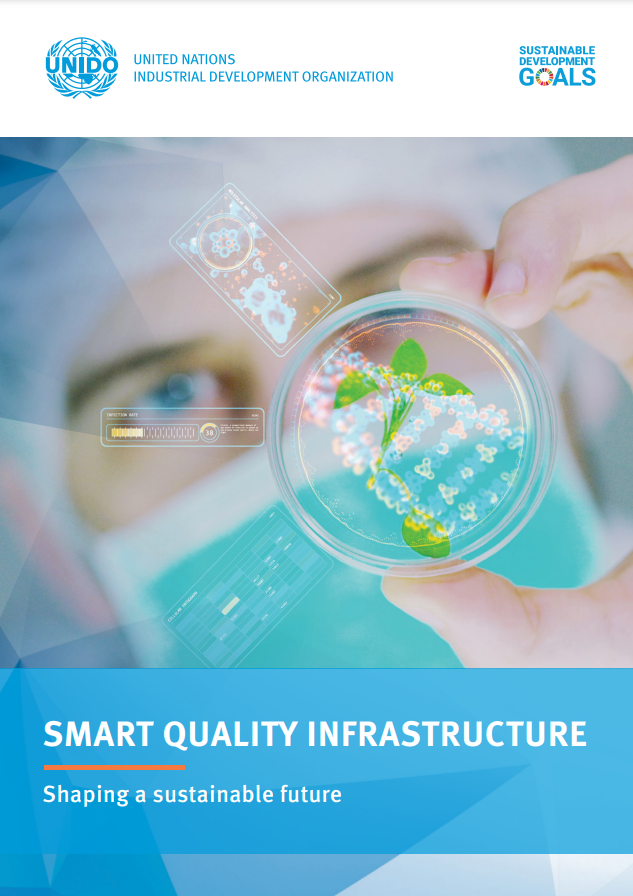
hub.unido.org
hub.unido.org
